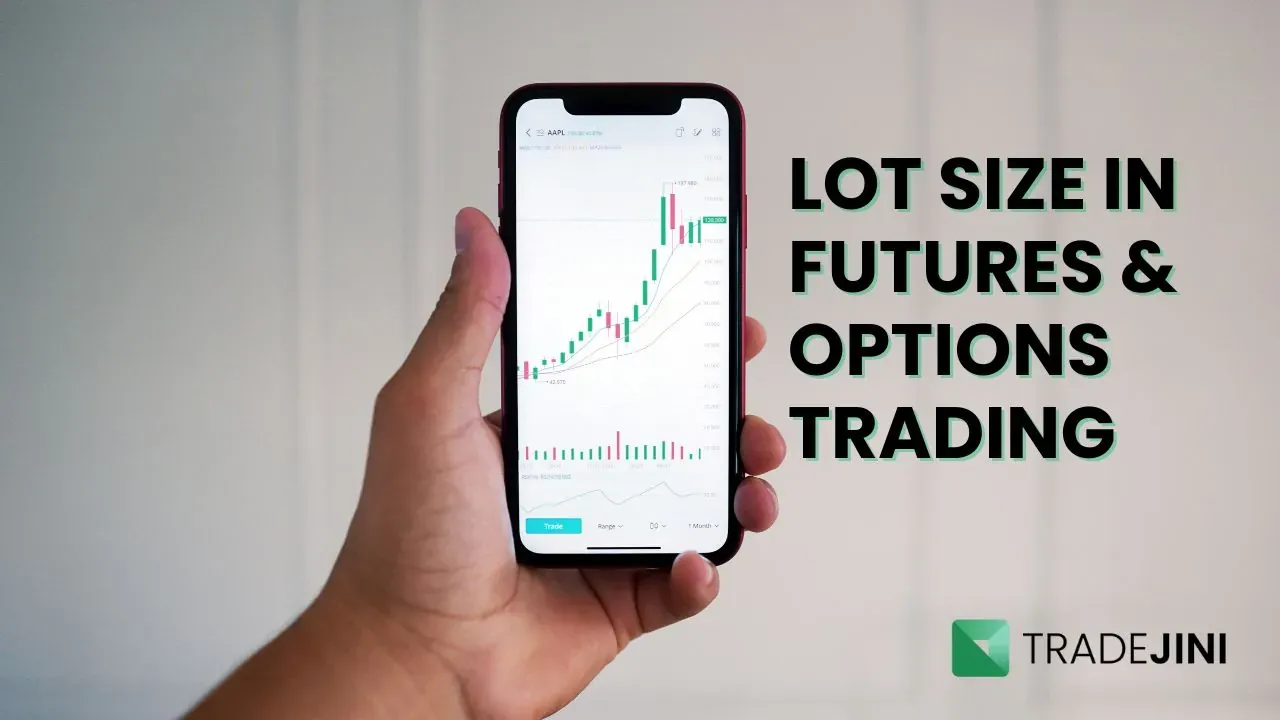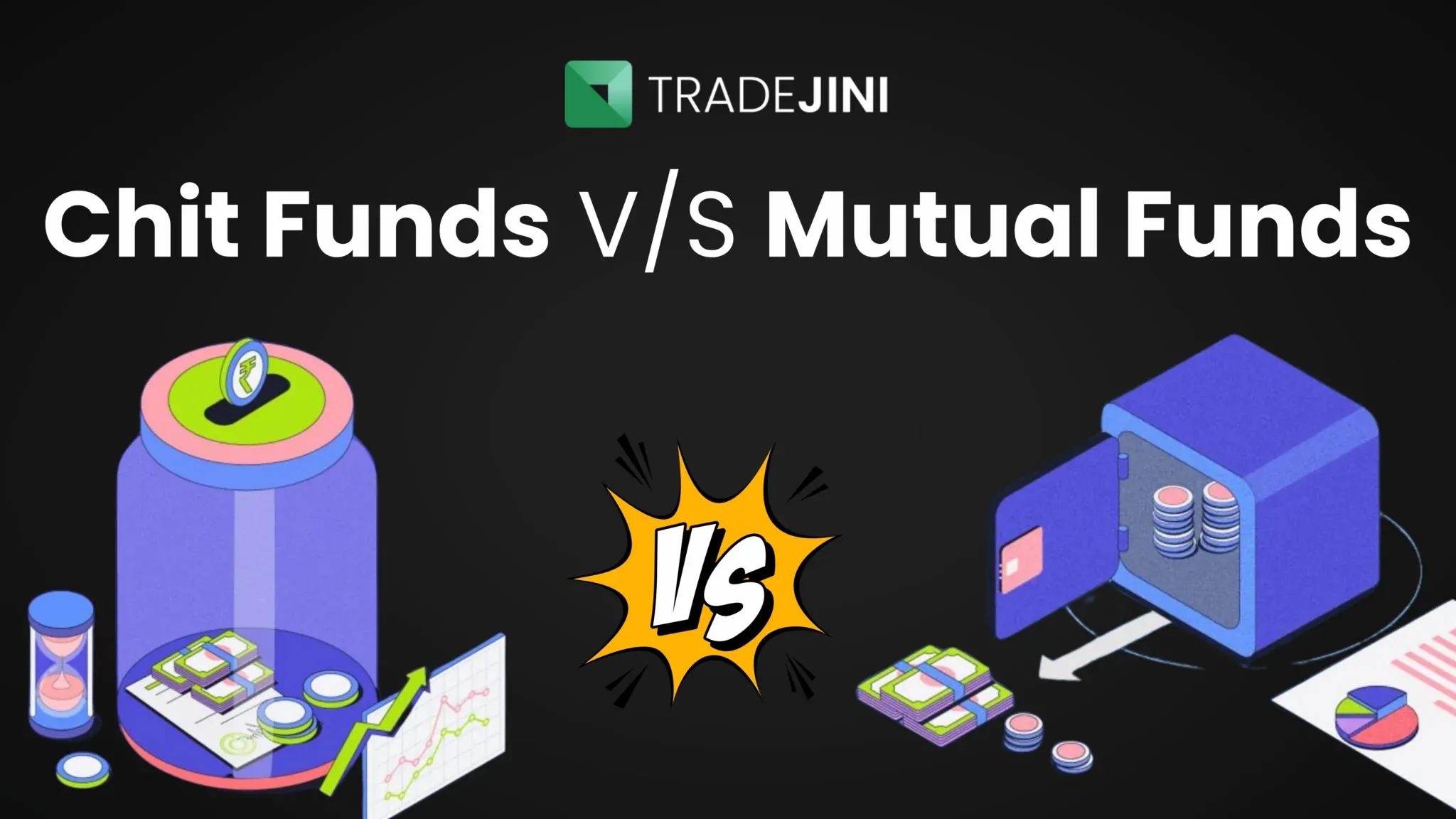Valentine’s Day Spending Effects on Business and Markets
Valentine’s Day is not just about flowers, chocolates, gifts and celebrations, it’s also a time when businesses see a rise in sales. From jewellery and fine dining to online shopping and travel, many industries benefit from the seasonal rush. However, beyond the spending, some investors look at February 14 as an opportunity to spot trends in the stock market.
पैसा वसूल: Love, Money, and Market Moves
Here are a few events that are also taking place on Valentine's Day as well. For example, Escorts Kubota. They've announced an interim dividend, with February 14th, 2025, as the record date. And it's not just dividends; the ‘Snow Moon’ will be shining bright on Valentine's night. Even Gulf Oil Lubricants has chosen the same date for their interim dividend record. Clearly, February 14th means different things to different sectors.
So, Let us now explore how Valentine's Day affects various sectors and what investors should be looking at.
जब बाजार में भी छाए प्यार के रंग: Business Behind V day
Millions of people buy gifts, book holidays, and dine out each year, making this a high-revenue period for certain industries due to significant Valentine's Day spending. While the overall economy doesn’t shift much due to a single day, companies in specific sectors often report higher sales in February. Let's consider some of the companies that feel the spending boom.
दिल भी, शेयर भी: Sectors That Experience Demand
- Jewelry & Luxury Goods: Jewellery stores often see an increase in sales as people purchase rings, bracelets, and watches as gifts. Cosmetics and accessory brands experience higher demand, with many retailers offering limited-time collections.
- Restaurants & Food Services: Dining establishments, including fine dining and casual restaurants, typically see more bookings for Valentine’s Day dinners. Online food delivery platforms may also experience increased order volumes, as some couples prefer celebrating at home. Chocolates and confectionery products remain popular gift choices, leading to a temporary sales boost for companies in this space.
- Travel & Hospitality: Many couples book vacations around Valentine’s Day, increasing demand for hotels, resorts, and holiday rentals. Airlines and transport services may experience higher bookings for short trips and holiday packages.
- Gift Retail & E-commerce: Gift stores websites experience a surge in sales when individuals purchase gifts like clothes, perfumes, customized goods, and household items. Gifting services and flower shops receive more orders, and last-minute purchases are primarily responsible for this.
.webp?alt=media&token=4014b54b-10e5-4d76-9524-324f99c94428)
जब बाजार में भी छाए प्यार के रंग: Does Seasonal Trend Affect Market?
While businesses in these industries may see an increase in revenue, the impact on the stock market movements is usually short-lived. A few factors to consider:
Short-Term Nature: The demand spike is vigorous around a specific date and doesn’t always translate into sustained growth. However, factors affecting Nifty movement include broader market trends like economic conditions, inflation, and consumer sentiment, which overshadow the short-term Valentine’s Day effects.
Broader Market Trends: Stock performance is influenced by multiple factors, including economic conditions, inflation, and consumer sentiment.
Long-Term Viability: Businesses that consistently generate revenue, rather than relying on seasonal sales, tend to be more stable investments. Although seasonal trends provide interesting insights, relying solely on events like Valentine’s Day for investment decisions may not be a reliable strategy.
इश्क़ और इन्वेस्टमेंट: Plan a Secure Financial Future, Together
Valentine's Day doesn't have to break the bank. It can actually be a great opportunity to explore some smart financial moves with your loved one. Instead of just focusing on gifts, why not consider these ideas:
Budgeting:
Valentine's Day can be a fun way to practice budgeting for special occasions. You and your partner can work together to plan expenses, setting a good example for future financial planning.
Planning Big (Financially):
Talk about your shared financial goals during the day. Do you want to buy a house together? Retirement plan? It's a great time to get on the same page financially.
Protecting Your Future:
Valentine's Day can be a reminder to review your insurance policies. Making sure your loved ones are financially protected is a powerful way to show you care.
Investing with a Conscience:
The focus on ethical choices on Valentine's Day can extend to investing.
Consider investing in companies that share your values. This reflects the growing trend of sustainable and ethical investing.
क्यूंकि- Our Business Is Our Business
Though the day is mainly about love, for businesses, it is a moment of inflow in consumer activity. Understanding how spending habits change during seasonal events can offer useful insights into market behaviour, even if the effects are temporary. So, on Valentine's Day, selling roses could be a lucrative endeavour if you are looking to make a few extra rupees.
'So, what are your plans for Valentine's Day?'
_11zon.webp?alt=media&token=bd974821-aee4-43a5-b467-01d1a67a570b)
_20_11zon.webp?alt=media&token=6659b2e6-927e-42de-8375-e227e579f556)
_11zon.webp?alt=media&token=a8f3f55c-dc70-4d42-844e-6874ceff69ce)
_11zon.webp?alt=media&token=a05d2324-cace-44ed-a35f-50f9e63be9c3)
_11zon.webp?alt=media&token=14cd8f87-8add-49ce-84f1-ca07a0c52b0c)





